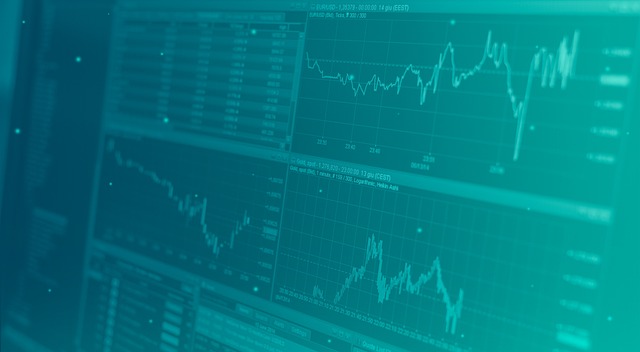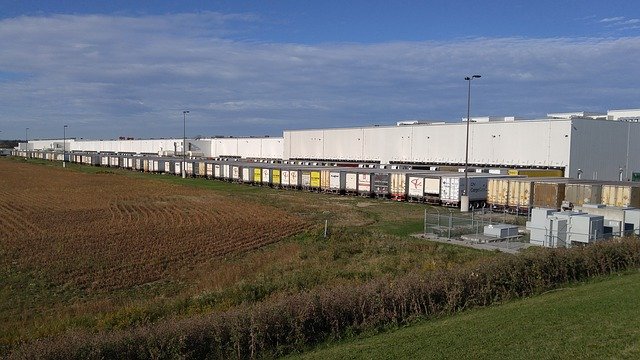
Today’s economic environment requires more than just reducing your carbon impact or donating to charity. It requires a long-term business strategy. A company’s long-term sustainability ensures its strength, prosperity, and influence in the face of increasing trends, economic downturns, and worldwide changes.
Understanding long-term risks
Understanding and reducing potential risks is a crucial part of planning for long-term sustainability. This might include everything from unexpected team member departures to sharp changes in the market. Solutions like keyman insurance can act as a safety net for the latter group. This specific insurance ensures that a business is financially secure in the event that a key employee, frequently a founder or top executive, is unable to carry out their tasks.
Diversifying revenue streams
The long-term viability of a corporation might be threatened by a heavy reliance on a single revenue stream or market. Businesses can protect themselves against unexpected declines in any one market area by diversifying their sources of income. For instance, a tech company is sensitive to changes in the market if it only sells one software product. Even if one source of money disappears, they can still maintain a constant flow of income by entering related industries or creating complementary products.
Adapting to technological advancements
Several once-dominant companies have been left in the dust by the technology’s quick progress. Long-term sustainability requires organisations to not just keep up with technology improvements but to look forward and anticipate the next major change. Being technologically nimble is essential for modernising internal systems, embracing e-commerce, and incorporating AI and machine learning into daily operations.
Building a sustainable corporate culture
The culture of a corporation is crucial to its long-term success. Employees are constantly pushing the envelope when they work in an environment that emphasises innovation, adaptability, and ongoing learning, which promotes sustainable growth. A favourable business culture can also help retain employees, cutting down on the expenses and disruptions associated with excessive turnover.
Embracing social and environmental responsibility
Businesses today are evaluated not only on their financial performance but also on how they affect society and the environment. Customers value brands that are socially and environmentally responsible, especially the younger generations. Businesses that adopt sustainable practices and support social causes not only make a positive impact on the globe but also improve the perception of their brand, which encourages customer loyalty and long-term success.
Regularly reviewing and adapting the business model
A company model shouldn’t be static, just like the rest of the world. The business plan must be regularly reviewed and, if necessary, adjusted. This may be in response to internal analytics, global trends, or market research. Such preemptive changes help a company stay current and in front of future challenges.
Conclusion
Planning for long-term business sustainability involves many different aspects and extends beyond short-term financial gains. Deep market knowledge, vision, flexibility, and a dedication to social and environmental responsibility are all necessary. By implementing these procedures, companies not only assure their own survival but also pave the way for long-term expansion and a significant impact on their sector.





